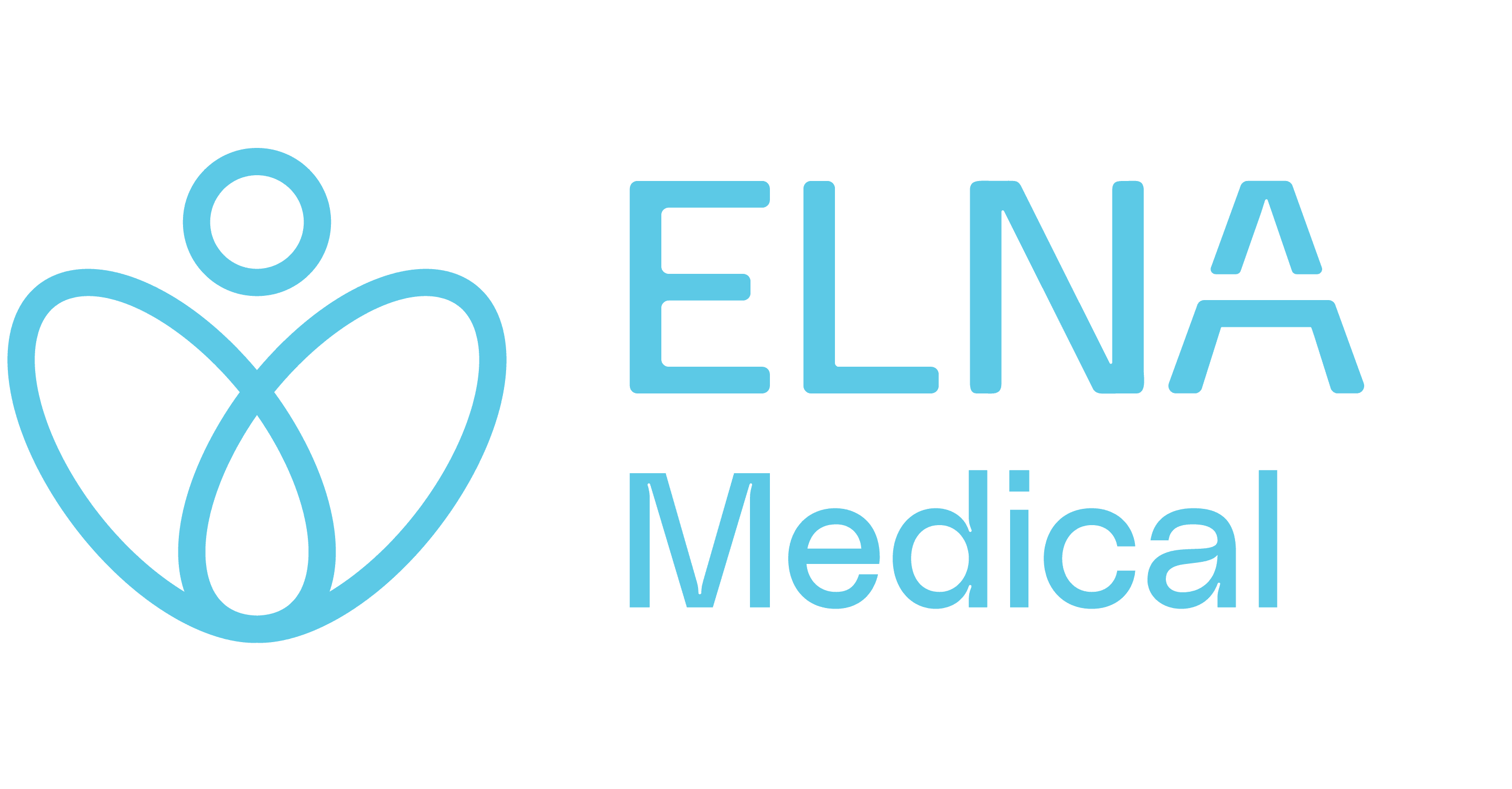Prostate cancer is the most common cancer among men in Canada and Quebec. It mainly affects men over the age of 50, but can also be detected in young adults. Trans or non-binary people born with a prostate can also be affected.
Prostate cancer develops slowly and non-aggressively. It can therefore be easily treated if diagnosed in time, i.e. before it spreads outside the prostate. In our article, find out more about prostate cancer and screening options:
- Risk factors
- Signs and symptoms
- Screening age and options
- Treatment options
- Urology services in Greater Montreal
For further information on prostate cancer, please contact a healthcare professional.
What are the causes?
The main risk factors for prostate cancer are as follows:
- Age: Initially the size of a walnut, the organ gradually increases in size with age.
- Ethnic origin: This cancer affects more men of African and Caribbean origin. Men of Asian origin are less affected.
- Family history: As this cancer is often hereditary, it is important to ask your family about it, as this can double the risk.
- Genetic mutations.
- Being overweight or obese.
- Lifestyle: An unhealthy diet, inactivity and smoking can all increase the risk of prostate cancer.
What are the signs and symptoms of prostate cancer?
The more advanced the cancer, the larger the prostate tumours, and the more signs will be present. Indeed, the prostate is located below the bladder, in front of the rectum, and surrounds the urethra, which carries urine from the bladder to the outside world. As it enlarges, it will press on other organs and trigger various symptoms:
- Urinary incontinence
- Difficulty emptying the bladder
- Pain or burning during urination
- Other urination problems
- Blood in urine or semen
- Pain during ejaculation
- Lower back pain
- Fatigue
However, if the tumours are small and at an early stage of the cancer, it is possible that no symptoms will be apparent. That’s why screening is so important, starting at the age of 50 years old.

How to detect prostate cancer?
Consult a doctor
As you reach your fifties, you need to start taking an interest in this subject. Start by making an appointment with your family doctor or directly with a urologist. You will be asked questions to know whether you are more or less at risk of developing prostate cancer, and whether you are already experiencing symptoms. To confirm their hypothesis, the doctor may ask you to undergo one or more tests.
At ELNA Medical, our healthcare professionals offer you a warm welcome and personalized care. Talk to a doctor.
Prostate-specific antigen (PSA) test
Prostate cancer can be detected using the prostate-specific antigen (PSA) test. Carried out by taking a blood sample in a clinic or laboratory, it can be used to determine the risk of contracting this cancer or to detect it at an early stage. However, the PSA test can produce “false-positive” results, implying overdiagnosis of prostate cancer and possibly leading to unnecessary treatment.
In Quebec, PSA screening for prostate cancer is recommended for men aged 55 to 691. If you’re at risk, your doctor may recommend screening before age 55.
ClarityDX Prostate blood test analysis
In the case of a PSA test with an elevated level, your doctor or urologist may suggest that you undergo further examination, in order to avoid overdiagnosis and unnecessary invasive treatment.
ClarityDX Prostate is a blood test analysis that combines biological and clinical information powered by Artificial Intelligence, generating a risk score for aggressive prostate cancer. The results will help healthcare professionals and patients to better inform themselves about the need for MRI and/or biopsy. It offers several advantages:
- Results within 5 days
- Reduces over-diagnosis and over-treatment
- Up to 3 times more accurate than PSA in predicting aggressive prostate cancer
ClarityDX Prostate is available in Quebec exclusively from CDL Laboratories, a subsidiary of the ELNA Medical group. The test is available for men with an abnormal PSA level of 3 ng/ml or more who have not been previously diagnosed with prostate cancer. Talk to your doctor or urologist for more information, or to get a prescription.
Rectal examination
It may be impressive, but rectal examination is a completely harmless examination. The doctor inserts a gloved finger into the rectum to palpate the prostate and assess its size and shape, as well as the presence of any tumours. For more accurate results, your doctor or urologist may recommend an additional test such as the PSA test, the ClarityDX Prostate or a biopsy.
Prostate MRI fusion guided biopsy
To confirm the diagnosis, the doctor or urologist may also ask for a biopsy, i.e. a small piece of the prostate gland is removed using a needle. It will then be analysed.
To better target the area to be biopsied, the examination can be guided by a magnetic resonance imaging (MRI) system, combined with an ultrasound image. This ensures that the sample taken corresponds to the area where the risk of cancer is present. This innovative method is not offered by all healthcare professionals, but is available at ELNA Urology.
What treatments exist?
If one of these tests detects prostate cancer, your doctor will advise you on a treatment suited to the type of cancer, its stage, your general health and your preferences.
You may be offered a number of options, including:
- Surgical treatment to remove all or part of the prostate gland
- Radiotherapy to eliminate certain cancer cells
- Hormone therapy to reduce or slow the spread of cancer cells
Each of these treatments can have side effects such as incontinence or impotence. Talk to your doctor to make the right choice.
Urology services for prostate problems
Don’t wait until you have symptoms of prostate cancer to get tested! As you can see, it’s important to see a doctor or urologist as soon as possible (around your 50’s) to prevent symptoms from becoming too advanced and the cancer from spreading.
Sources | 1: INESSS – Dosage de l’APS














